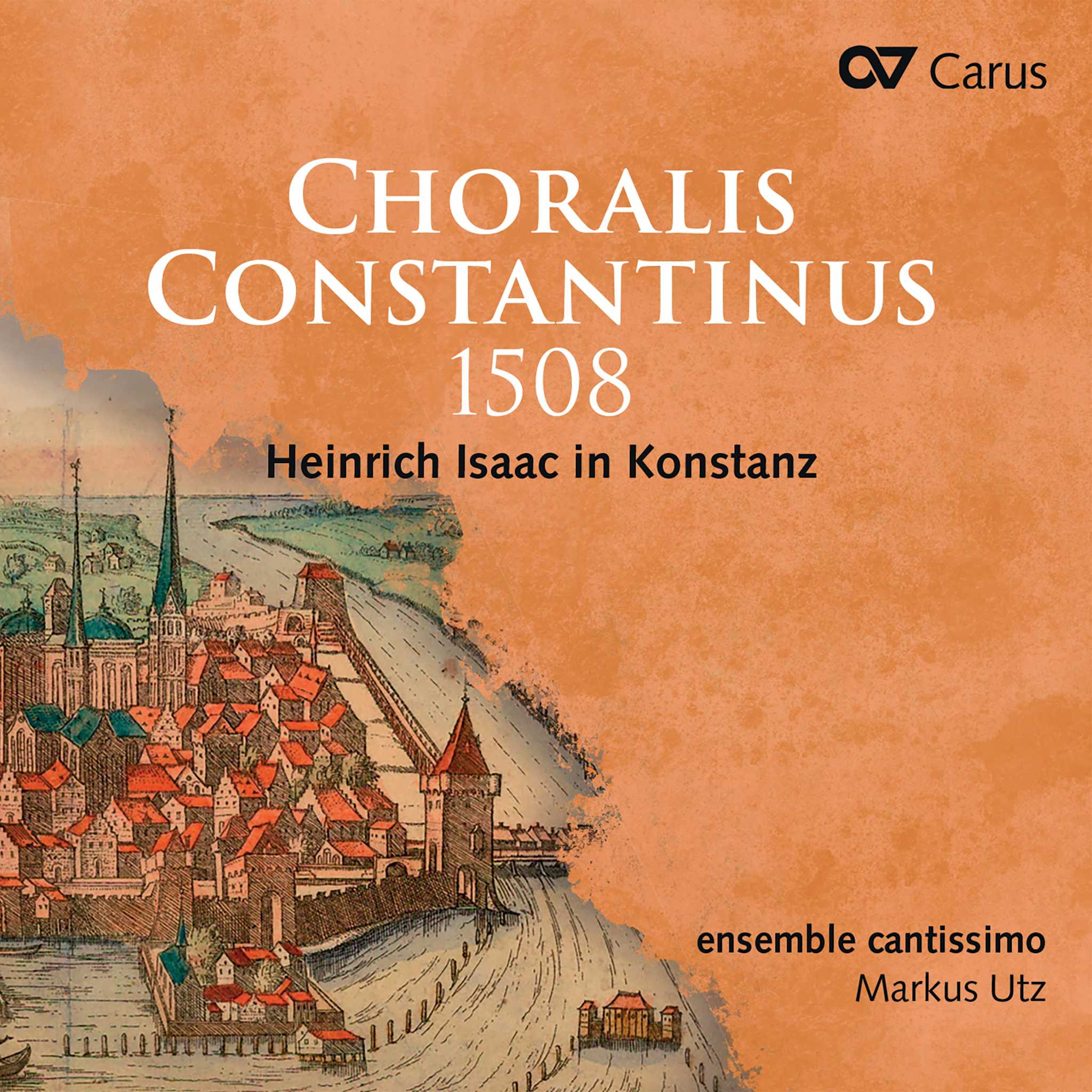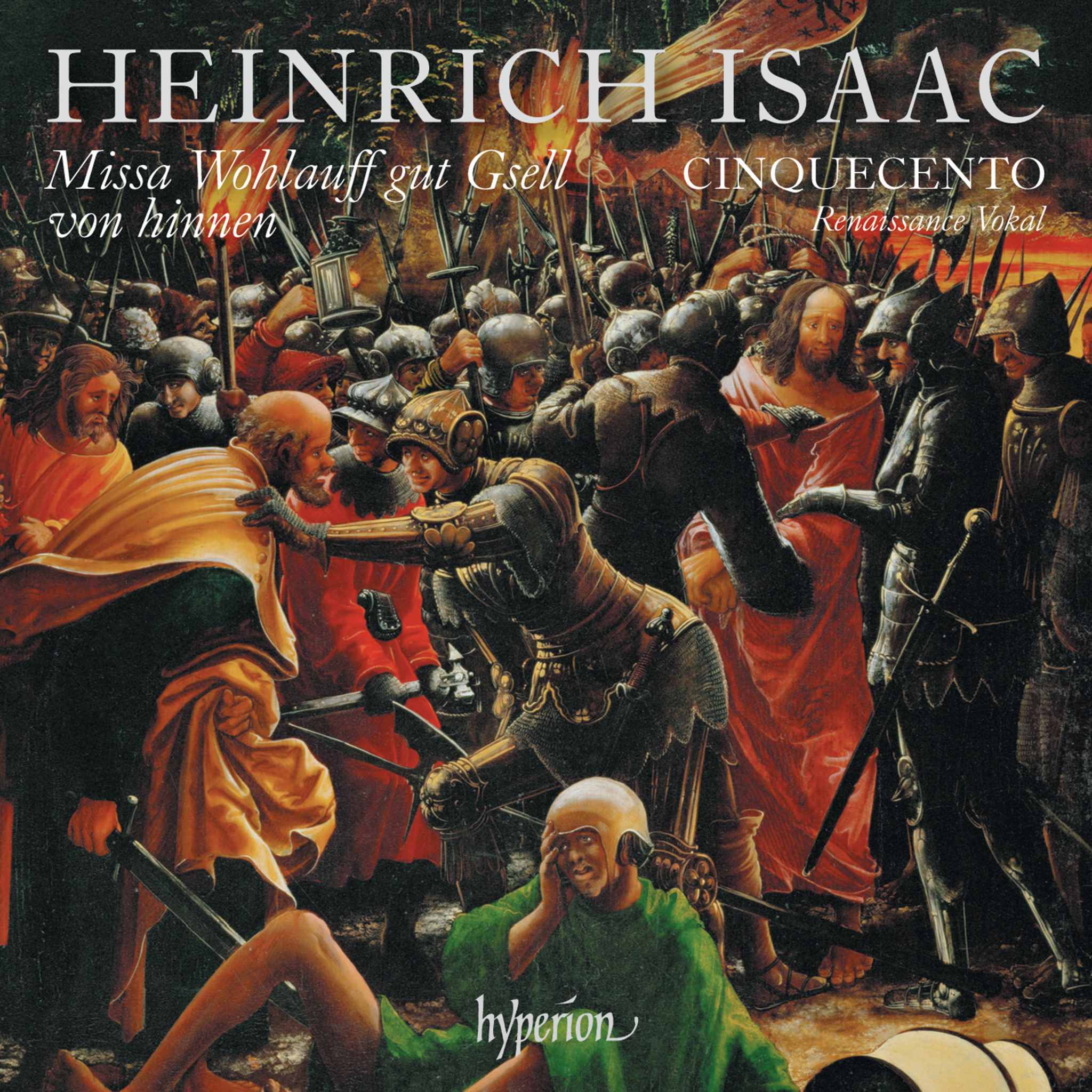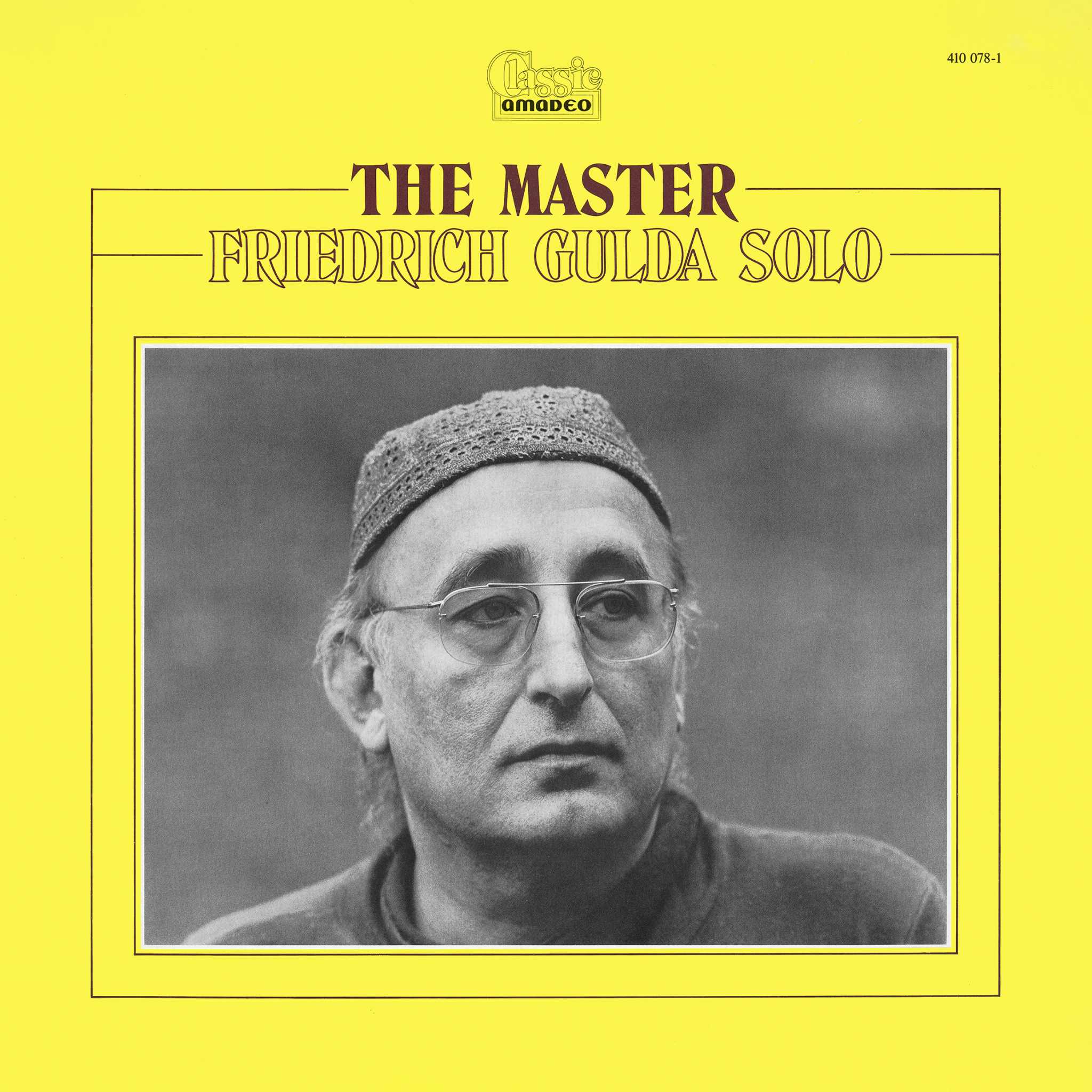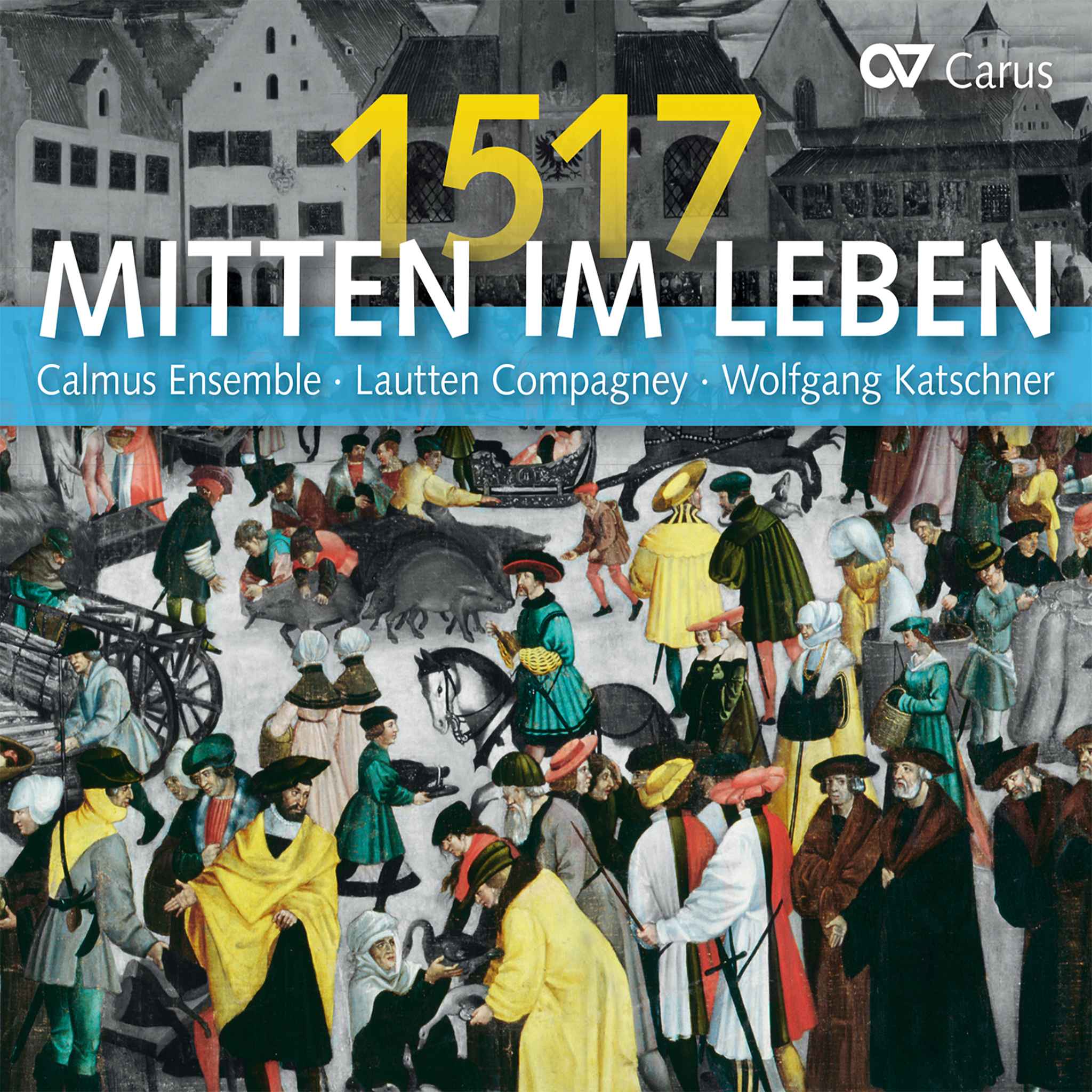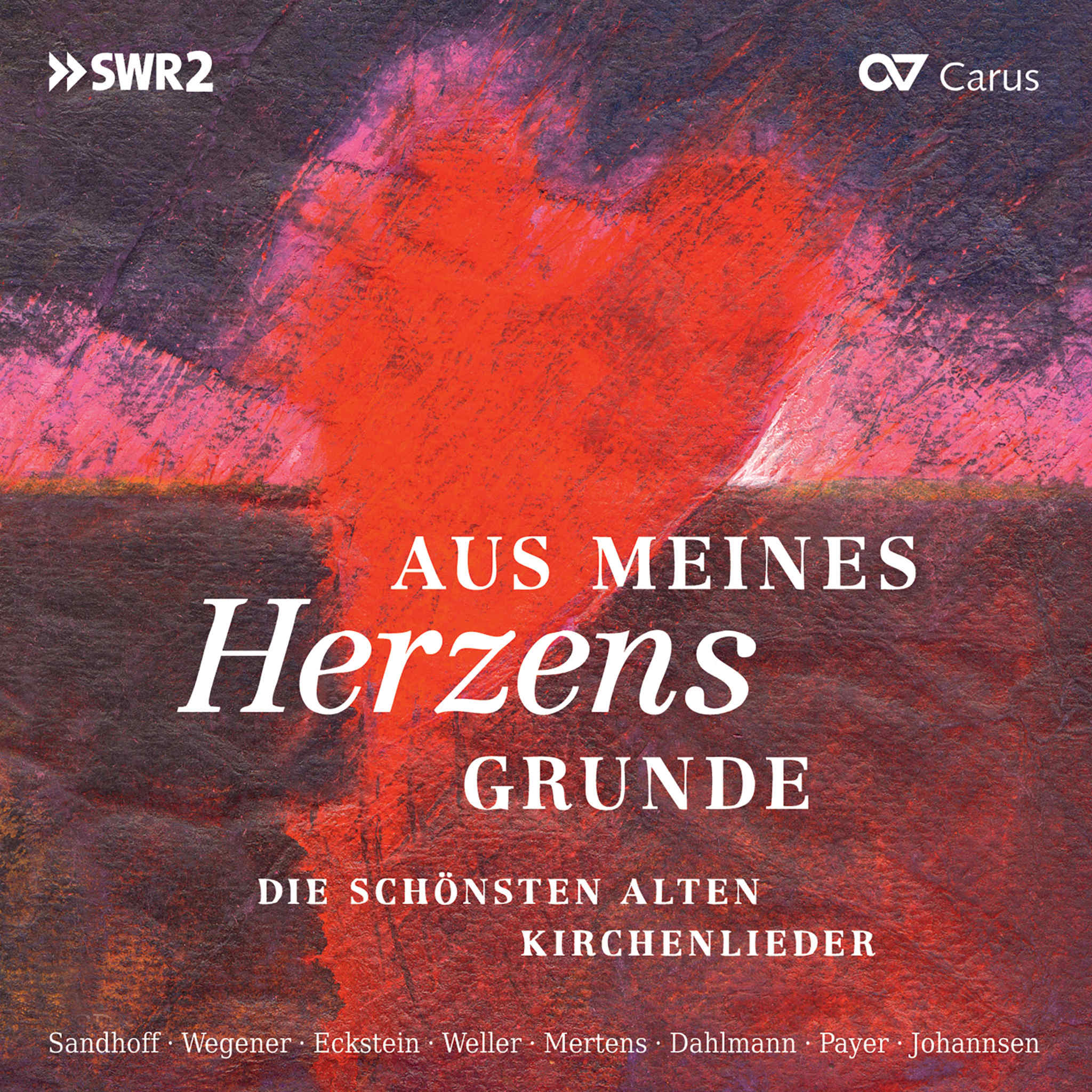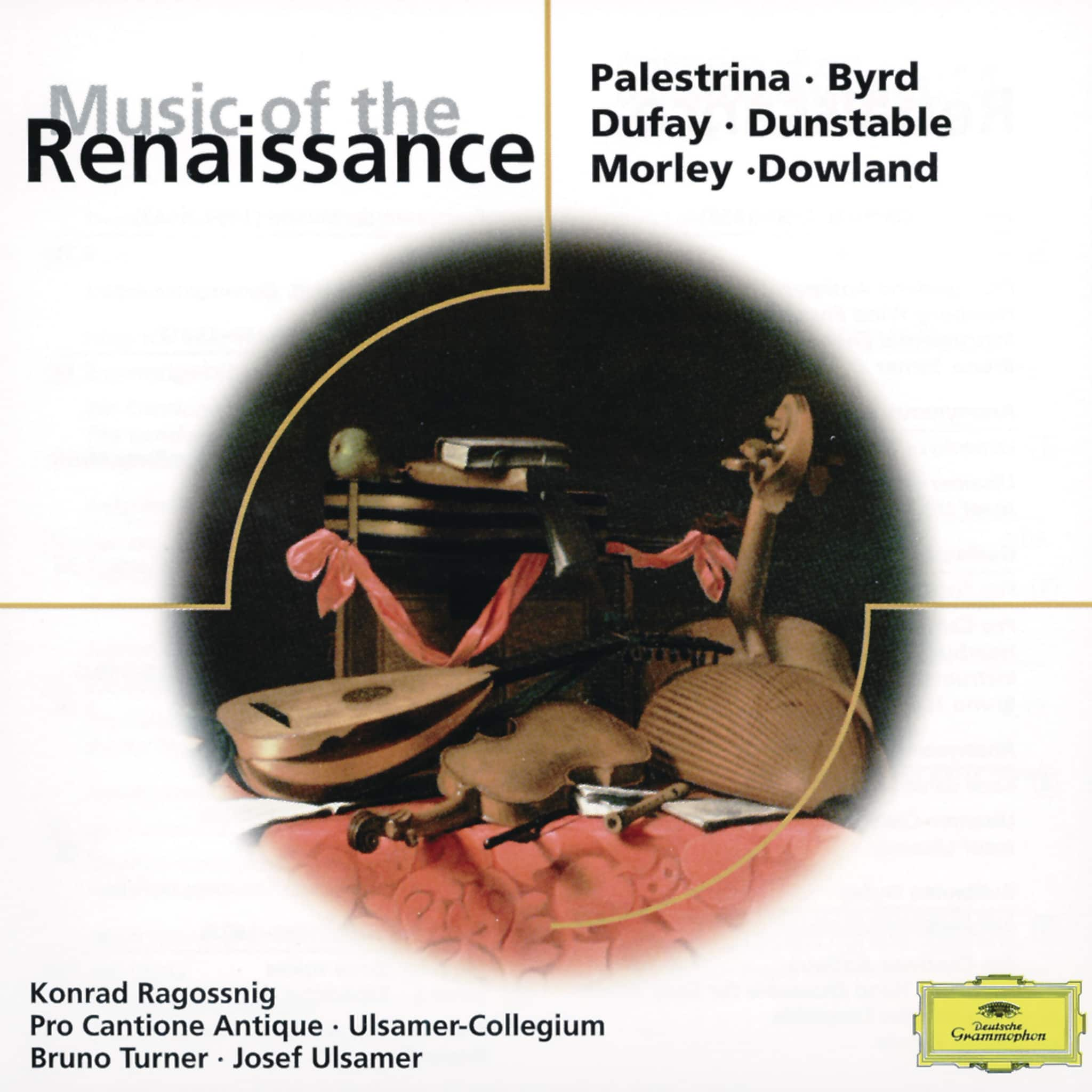Overview of Heinrich Isaac and His Renaissance Legacy
Heinrich Isaac (c. 1450–1517) was a highly influential Netherlandish composer during the Renaissance, recognized as one of the most celebrated singers and composers of his generation alongside Josquin des Prez. Isaac composed masses, motets, songs (in French, German, and Italian), and instrumental music, contributing significantly to the sacred and secular repertoire of his era.
Key Works and Their Context
Isaac's music thrived in Florence under Medici patronage, placing him at the cultural heart of the Florentine Renaissance. His ability to assimilate the spirit of different regions—Italian in Florence, German in Innsbruck—demonstrates his exceptional versatility and innovation.
Immerse yourself in the Florentine Renaissance, exploring the contribution of Heinrich Isaac under the patronage of the powerful Medici family. Discover how the blend of religious and secular themes in Isaac's music mirrored the cultural and political dynamic of Florence during this golden era.
Notable Works
Isaac's compositions ranged from secular chansons to sacred motets and mass cycles. His works, such as 'Missa Wohlauff gut Gsell von hinnen', accurately reflect the uniquely ornamental style of Isaac's compositions. Inspired by religious themes and the human condition, these works are a testament to the mastery that Isaac demonstrated in his music composition and delivery.
Influence on National Styles
Isaac played a pivotal role in the development of the Tenorlied in Germany, arranging popular melodies in the tenor voice while weaving intricate counterpoint around them. This became a hallmark of German music, influencing native composers long after Isaac's death.
